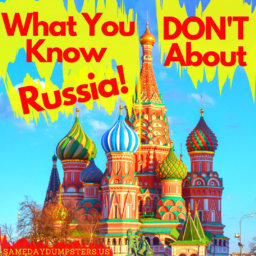The mummy of Ramses II was issued a passport when it was shipped to France in the mid-70’s. His occupation was listed as “King (deceased).”
Passports as we know them today are relatively new. With photos, microchips, holograms and barcodes, these versions of travel documents only became necessity after World War I. Spies entered countries in the hopes of winning the war and the League of Nations decided that, in order to maintain peace, a universal standard was set.
Before that, they were not required for international travel but the concept of travel papers dates back to King Henry V. The English Monarch created these documents to help his subjects prove who they were in foreign lands. There were even early concepts of the idea in Ancient China and the Medieval era when folks could not pass city gates without a pass of sorts. Even when railways opened Europe up for more people to travel, they still were not required to have passports to roam about most of the continent.
Flash forward to present day and passport regulations have become so stringent that having one is considered highly valuable, like real estate or gold. There is even an entire black market dedicated to bestowing passports upon the highest bidders. Modern passports may have a slew of security features to prevent fraud but that hasn’t stopped nearly 40 million passports from being stolen since 2002. To some, passports are considered the ultimate shield and a way to hide while others feel restricted and oppressed by them. It all depends on what you need it for and the country in which you are getting one.
Conversation Ice Breaker Factoid: The smallest country in the world is the Vatican state in Italy. Citizens have their own small country’s passports but there is no border control. This means anyone can freely come and go into Vatican state. The kicker? This country is located inside a city. The entire country of Vatican state is located in Rome.














